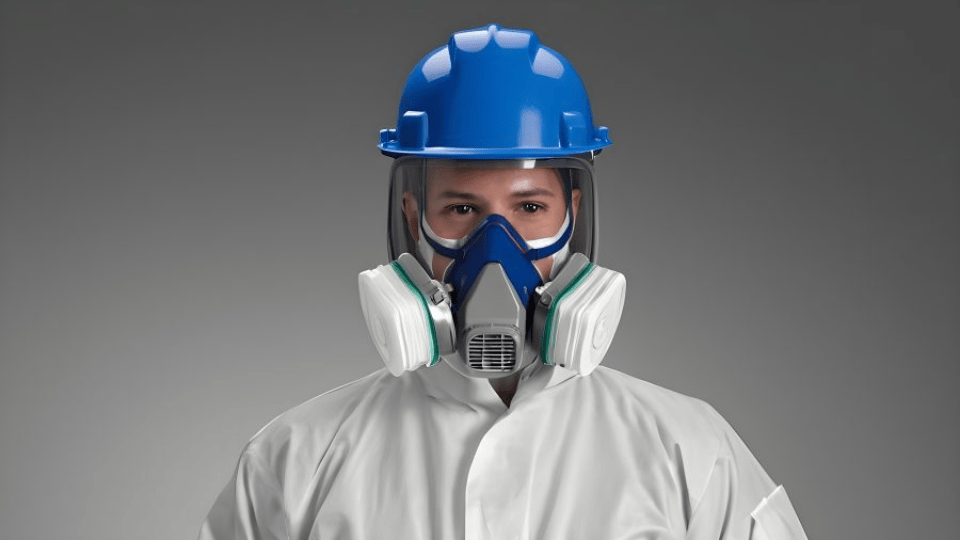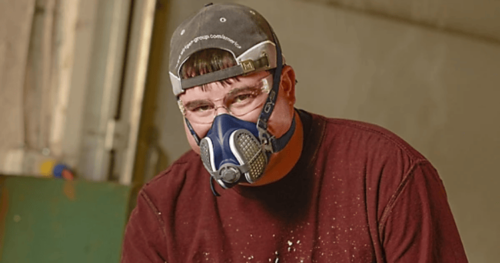Respirators are essential equipment for emergency preparedness because they protect people’s health and safety when they are exposed to dangerous airborne particles during emergencies and disasters. GVS Malaysia specialises in offering a wide variety of respirators that satisfy the demanding requirements of different emergency scenarios. This article examines the value of respirators in disaster preparedness, the kinds that are most appropriate for certain situations, and the most effective ways to use them.
Understanding Respirators in Emergency Settings
Respirators are protective devices designed to prevent the inhalation of harmful airborne particles, gases, or vapors. In emergency settings, such as fires, chemical spills, or pandemics, the right respirator can make a significant difference in personal safety. GVS Malaysia offers respirators that are crucial for first responders, healthcare professionals, and civilians alike in these urgent situations.
Types of Respirators for Emergency Use
- Particulate Respirators:
- These respirators, often referred to as N95 or P100 masks, filter out harmful particles such as dust, ash, and soot that are common in wildfires and building collapses. They are essential for use in areas affected by smoke or particulate-laden air.
- Gas Masks:
- Comprehensive protection in chemical or biological emergencies is provided by full-face gas masks. These respirators cover the entire face and offer filtration capabilities against a broad spectrum of chemicals and gases, crucial during chemical spills or biological threats.
- Powered Air-Purifying Respirators (PAPRs):
- Used by medical and emergency personnel, PAPRs provide an enhanced level of protection by using a battery-powered blower to pass contaminated air through filters, supplying clean air under a protective hood or mask.
Choosing the Right Respirator for Emergencies
- Identify the Hazard: Understanding the type of contaminant you are protecting against (particulate, gas, vapor, or combination) is crucial.
- Consider the Exposure Level: The concentration of hazardous substances in the environment dictates whether a simple mask or a more robust full-face respirator is necessary.
- Fit and Comfort: For a respirator to be effective, it must fit well. This is particularly important in emergency scenarios where gear may need to be worn for extended periods.
- Training: Proper training in the use and maintenance of respirators is crucial for them to function correctly in an emergency.
Maintenance and Storage for Emergency Preparedness
Keeping respirators in a state of readiness is critical:
- Routine Checks: Regular inspection for any signs of wear or damage and functionality checks are essential.
- Proper Cleaning: Following the manufacturer’s guidelines for cleaning and disinfecting respirators after each use is crucial to maintain their efficacy.
- Secure Storage: Respirators should be stored in a cool, dry place out of direct sunlight to prevent degradation of materials.
Conclusion
A vital part of emergency preparedness, respirators offer vital protection in situations ranging from pandemic epidemics to environmental calamities. The selection of respirators offered by GVS Malaysia guarantees that you are prepared to handle any airborne hazard, whether for personal safety or industrial preparedness. Maximising your preparation for any situation requires knowing how to select, operate, and maintain the appropriate respirator.



